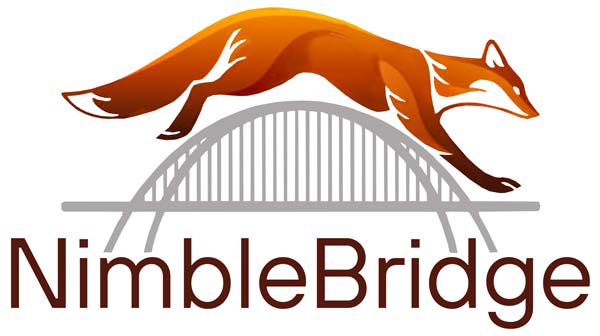Chief Operations Officer as a Service (COOaaS)
COO as a Service fills the gap for organizations that require operational leadership and guidance but may not have the resources or need for a full-time Chief Operating Officer.
It allows companies to leverage the skills of experienced professionals to optimize their operations and drive growth.

Engaging a COO as a Service offers several advantages to organizations. It provides access to experienced professionals without the commitment of a full-time executive.

It can also be cost-effective, as companies pay for the services rendered rather than bearing the full expense of a permanent executive’s salary and benefits.

Additionally, COO as a Service brings fresh perspectives and specialized expertise to tackle specific operational challenges.
The specific offerings of COO as a Service can vary depending on the provider and the needs of the client. Some common responsibilities and tasks that a COO as a Service may handle include:
Strategic Planning
Assisting in developing and implementing strategic plans to drive growth and achieve operational objectives. This includes clear budget and P&L awareness to operate for success.
Operational Efficiency
Identifying areas for improvement, optimizing processes, and enhancing overall efficiency in operations.
Process Evaluation and Improvement
Assessing existing workflows, identifying bottlenecks, and recommending process enhancements to drive productivity.
Performance Measurement
Establishing key performance indicators (KPIs) and implementing systems to track and measure operational performance.
Team Leadership and Management
Providing guidance and mentorship to operational teams, fostering a positive work culture, and aligning the team with the company’s goals.
Change Management
Assisting in managing organizational changes, such as mergers, acquisitions, or restructuring, to ensure a smooth transition.
Vendor and Stakeholder Management
Overseeing relationships with external vendors, suppliers, and other stakeholders to ensure effective collaboration.
Risk Assessment and Mitigation
Identifying operational risks and implementing strategies to mitigate them, ensuring business continuity and compliance.
For Startups
The establishment of your legal entity and setting up the key vendors to support the business is a vital part of the COO role.
